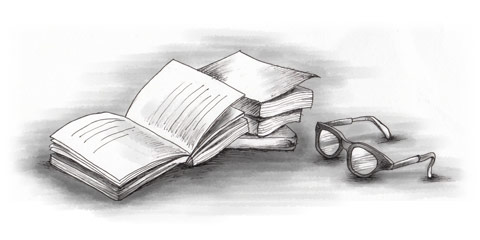There are a number of formalities and checks that should be carried out. The first step is to check whose name appears on the title deeds and to confirm that the property was built with planning permission and that it definitely exists! Further checks should focus on the legal description of the property and its boundaries – and they actually accord with what you think you are buying.
All Spanish property must be registered in the name of the owner at the local Registro de la Propiedad or Property Register (the equivalent of the English Land Registry). The only people who are able to legally transfer full ownership of the property to the buyer are those who are registered as the legal owners. Therefore, an investigation at the Property Register will show who the legal owners are, and it is their names that must appear in the contract to purchase. The only exception to this is where the vendors are properly appointed agents for the legal owners, such as a sale following a death.
It is not uncommon for buyers to sign contracts to purchase where the vendors are estate agents. Be aware that the “seller” may not have a valid authority or Poder (Power of Attorney) to sell a particular property. Do not fall into this trap, as any money mistakenly paid to an agent who is unable to legally transfer title may well be unrecoverable. If there is a doubt ask your lawyer to obtain a copy of the Poder.
A further check should be run for any outstanding mortgage payments or other debts levied on the property. Proper steps need to be taken to ensure that any sums shown to be due are paid off in full before legal ownership of the property is transferred. We are aware of instances where buyers have lost their Spanish property because prior mortgage charges and other loans against the property have not been fully paid and cleared from the register.
Your lawyers should search at the Property Register which should also include details of building restrictions applied to, planning consents, building permits, road construction or extension projects are complied with, and that any fines charged by the local authority for breaches of planning controls have been paid in full.
If planning permission has not been granted for a particular development it will be deemed an illegal development in the eyes of the authorities, and at the very worst could be demolished. A search of the Property Register should also give you an idea about any pending public works, planning applications and projects that may affect the value of your property in the future.
Your lawyer should make certain that following the legal completion of your purchase that utilities, particularly electricity and water, are connected to the property, that there is satisfactory provision for disposal of sewage, no outstanding contribution to the costs of installing the infrastructure, roads etc. Further your lawyer should be able to advise you on likely costs of your occupation, community charges etc.
In additional to the checks to be conducted by your lawyer, prior to purchasing your property, you’ll need to obtain and NIE or Número de Identificación de Extranjeros. It is usual for the Abogado to arrange to obtain this number. You will need an NIE in order to work as an employee or to work self-employed; to open a telephone account; to purchase a car; to open an electricity or bank account and to purchase a property
© The Rights Group SL 2006 (Marbella)
Mark FR Wilkins
www.therightsgroup.com (under review)
+34 600 343 917
Please note that the information provided in this article is of a general interest nature and intended as a basic outline only. You are well advised to contact a professional for advice specific to your circumstances. Nothing contained in this article should be seen or taken as the writer or publisher providing legal or financial advice.

